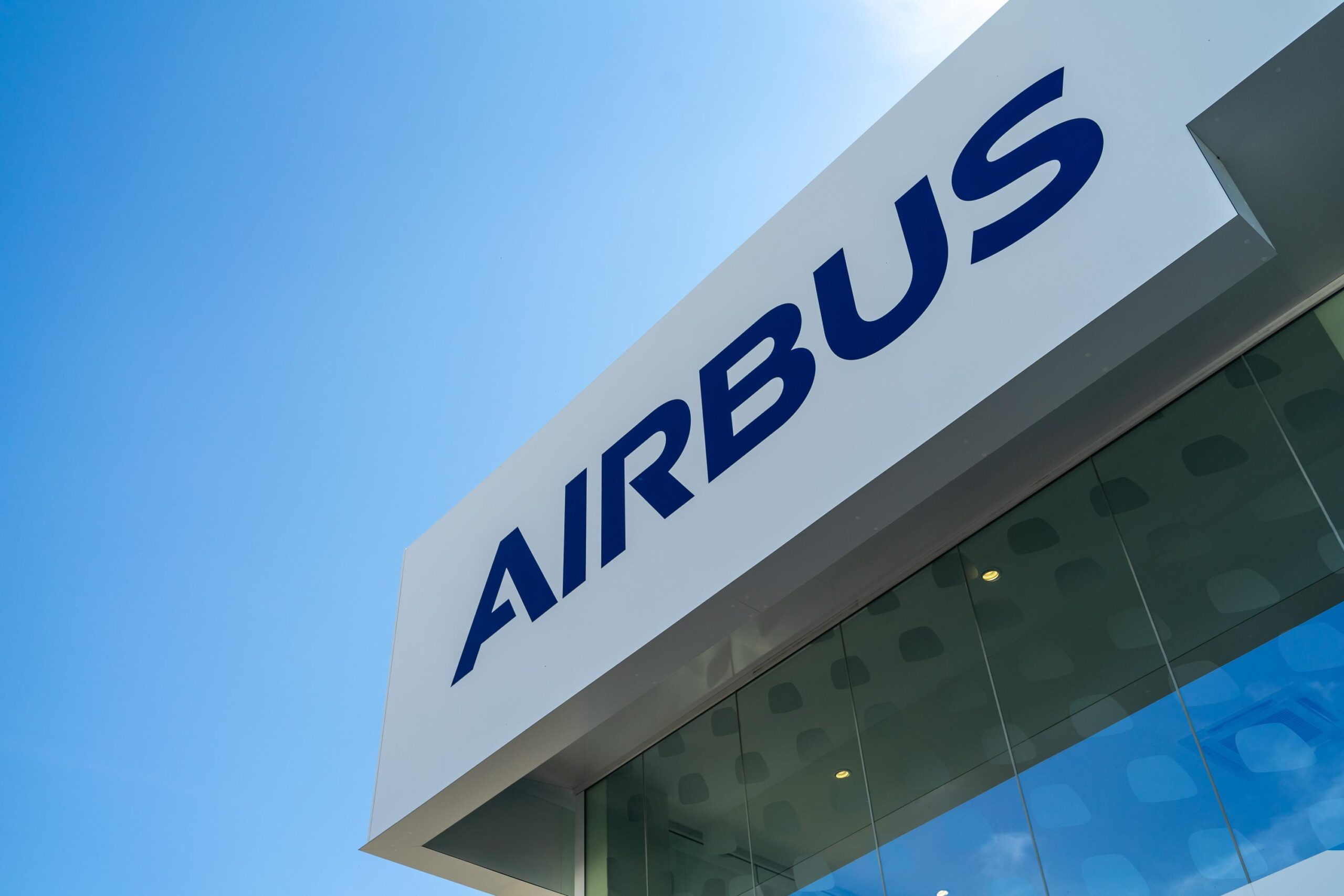
Airbus CEO’s Warning: Trade War Escalation Looms if US Tariffs Persist
Airbus CEO Guillaume Faury has issued a strong warning that the European Union may retaliate with tariffs on Boeing aircraft imports if the United States maintains or increases its existing tariffs on European aerospace products. Faury’s remarks highlight the escalating tensions in the transatlantic trade relationship and the potential for a damaging trade war in the aerospace sector.
Speaking at a press conference held by GIFAS, the French aerospace industry association, Faury expressed his deep concern about the ongoing trade dispute and the negative impact it could have on the industry. He recalled the previous trade dispute between the EU and the US regarding subsidies to Airbus and Boeing, which led to the imposition of reciprocal tariffs on aircraft.
"If the current tariffs of 10% are maintained or even increased to 20%, the responses to be implemented will be inspired by those that worked five years ago," Faury stated, referring to the EU’s previous imposition of tariffs on Boeing aircraft in response to US tariffs on Airbus.
He emphasized that Airbus’s preference is for a negotiated resolution to the trade dispute. However, he made it clear that the EU is prepared to take retaliatory action if necessary to protect its interests. "If the ongoing negotiations do not lead to a positive outcome, I imagine that there will be, and this is what we want, the implementation of reciprocal tariffs on aircraft to force a higher level of negotiation," Faury told AFP.
Faury underscored that a trade war would be detrimental to both Airbus and Boeing, as well as the broader aerospace industry. "The trade war is a lose-lose situation for aviation, it is not good news for anyone," he asserted, although he acknowledged that Boeing would likely be more affected. "That’s why I’m hopeful that at some point, things will be resolved."
The Airbus CEO highlighted the importance of the 1979 agreement that exempted the aerospace sector from tariffs, which has fostered a thriving transatlantic ecosystem. "Our sector has prospered, especially in the United States, thanks to the 1979 agreement," Faury noted. "We have a very efficient transatlantic ecosystem, which these tariffs damage."
Faury’s remarks come at a critical time for the aerospace industry. The COVID-19 pandemic has already severely impacted air travel and aircraft demand, and a trade war would only exacerbate the challenges facing the sector.
The US imposed tariffs on European aerospace products in 2019 after the World Trade Organization (WTO) ruled that the EU had provided illegal subsidies to Airbus. The EU retaliated with tariffs on US goods, including Boeing aircraft, after the WTO found that the US had also provided illegal subsidies to Boeing.
Both sides have expressed a desire to resolve the trade dispute through negotiations. However, progress has been slow, and the possibility of a renewed escalation of tariffs remains a significant concern.
The potential imposition of tariffs on Boeing aircraft by the EU could have significant implications for the company’s business. Europe is a major market for Boeing’s aircraft, and tariffs would make its planes more expensive and less competitive compared to Airbus aircraft.
Moreover, a trade war in the aerospace sector could disrupt supply chains and increase costs for manufacturers on both sides of the Atlantic. The aerospace industry is highly integrated, with companies often relying on suppliers from different countries. Tariffs could make it more difficult and expensive for companies to source components and materials, potentially leading to production delays and higher prices for consumers.
Faury’s warning underscores the urgent need for the EU and the US to reach a negotiated solution to the trade dispute. A trade war in the aerospace sector would be detrimental to both economies and would undermine the long-standing cooperation that has characterized the transatlantic relationship. The alternative is mutual pain for both giants.
The aerospace industry, a beacon of technological progress and global collaboration, stands to lose significantly if protectionist measures prevail. The intricate network of suppliers, manufacturers, and airlines that connects the world relies on open trade and fair competition. Imposing tariffs would not only harm individual companies like Airbus and Boeing but also disrupt the entire ecosystem, impacting jobs, innovation, and economic growth.
As negotiations continue, it is crucial for both the EU and the US to recognize the long-term consequences of a trade war and to prioritize finding a mutually beneficial solution. The future of the aerospace industry and the transatlantic relationship depends on it. The hope remains that cooler heads will prevail and that the two sides can find a way to de-escalate the tensions and restore a level playing field for companies on both sides of the Atlantic. The high stakes involved should encourage constructive dialogue and a commitment to finding common ground, thereby averting a damaging trade war that would ultimately harm consumers, businesses, and the global economy.
